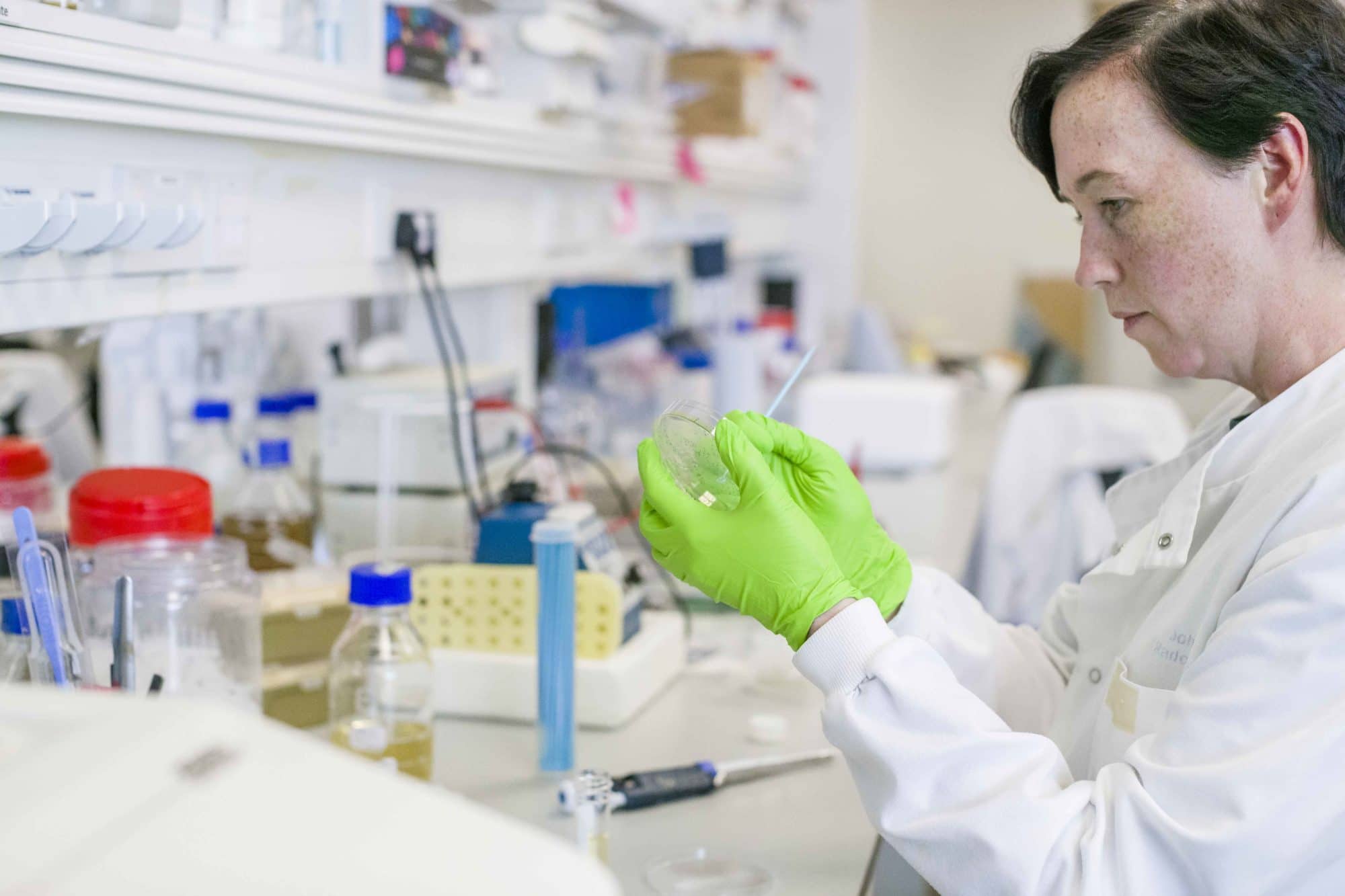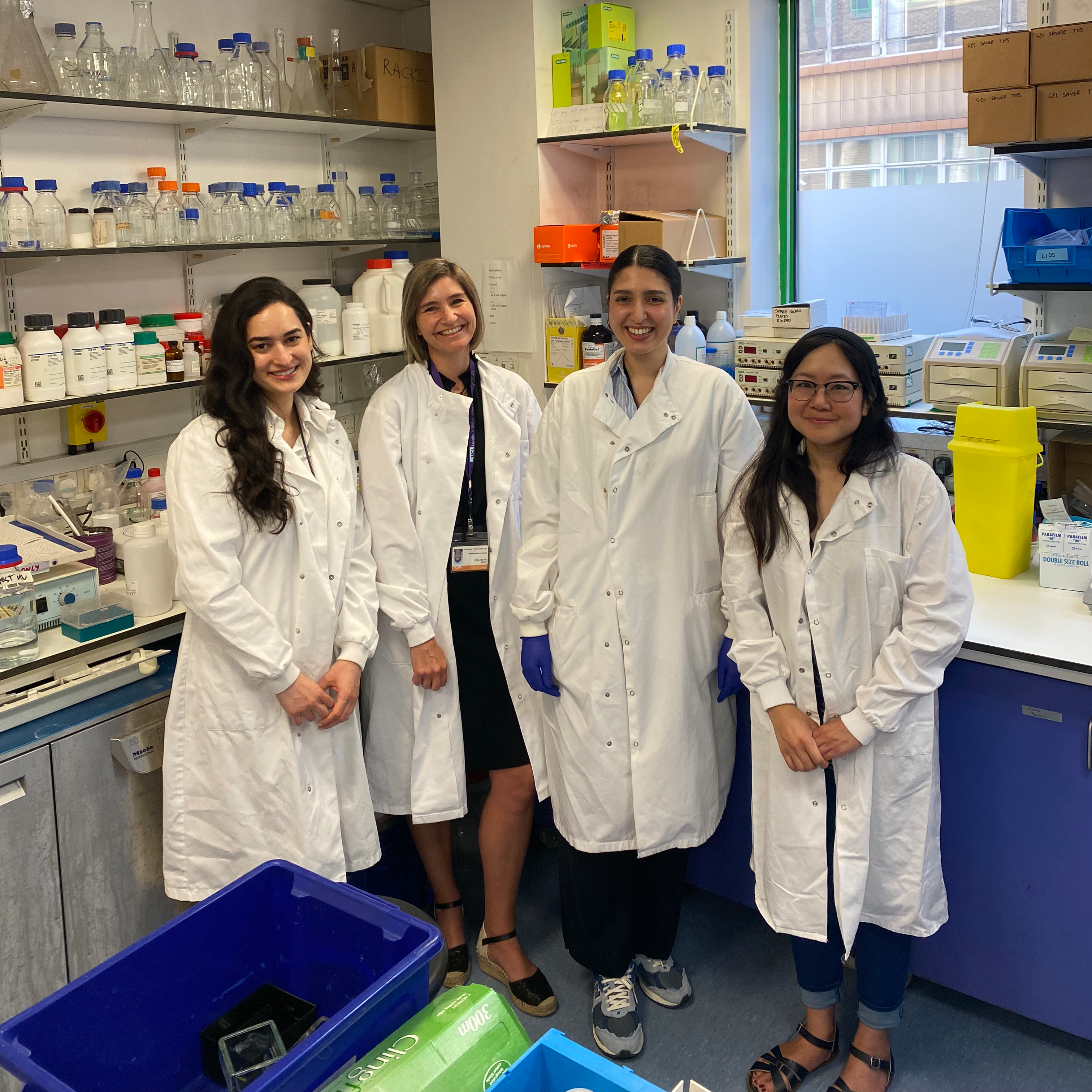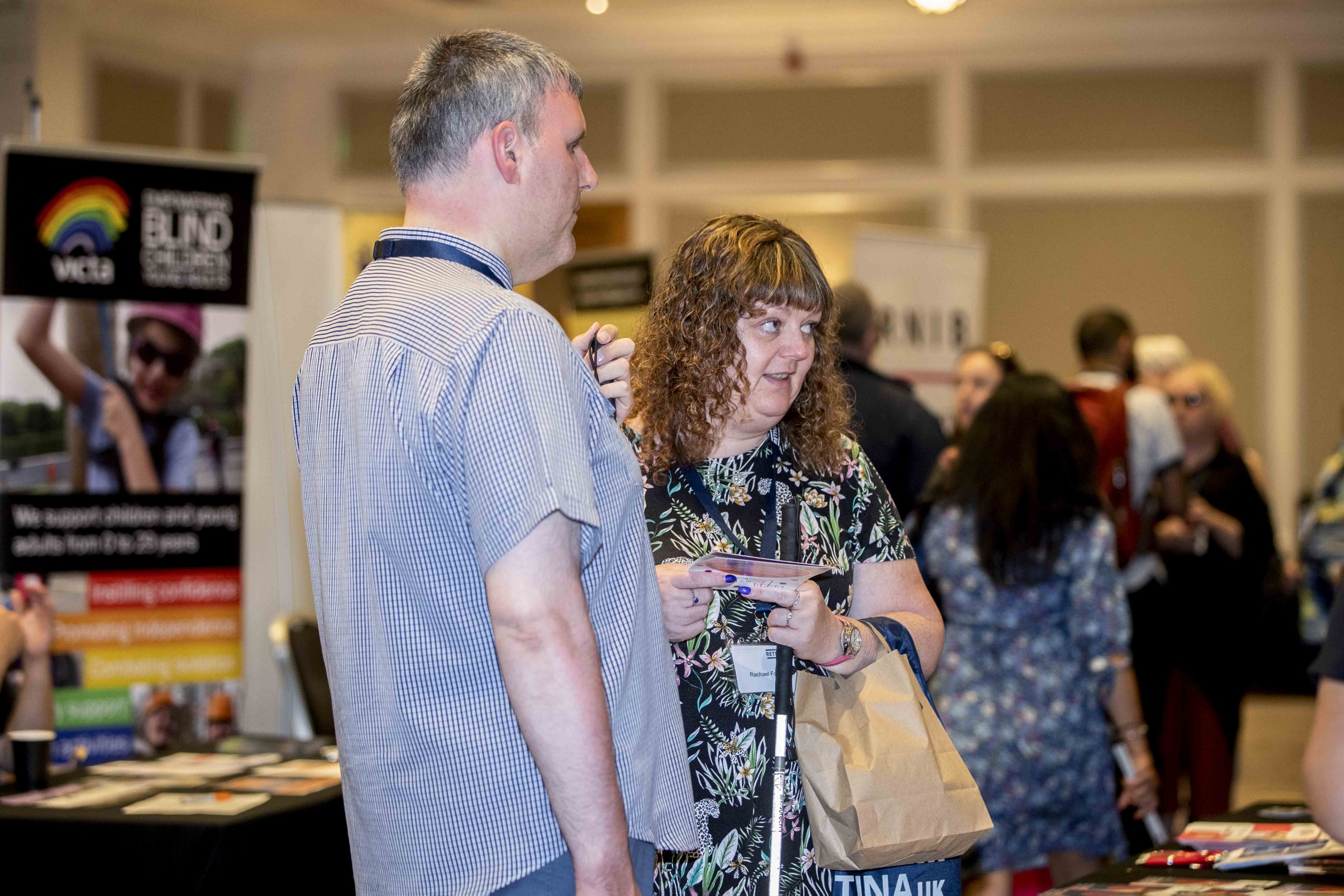Autoimmune Retinopathy
Autoimmune diseases are quite distinct from inherited retinal dystrophies.
Search results
Autoimmune diseases are quite distinct from inherited retinal dystrophies.
In recent years there has, understandably, been a lot of excitement around cutting-edge therapies that target the specific genetic faults underlying inherited sight loss.

Retina UK has invested more than £16million into cutting-edge research since the charity was founded in 1976.

Nurturing a new generation of scientists is a vital investment in the future of retinal disease research, so we are delighted to be funding, in collaboration with the Macular Society, a new PhD studentship at Oxford University, supervised by Professor Robert MacLaren.
James Birtley is a Retina UK supporter and volunteer who is living with retinitis pigmentosa. He is also a scientist with a particular interest in the structure of proteins, the complex molecules that form the building blocks of our bodies.

For almost 50 years, Retina UK has funded the best science, searching for genes and treatments for everyone living with inherited retinal dystrophies (IRDs). Support the search for treatments for everyone and join our campaign to build the ultimate Gene Team of tomorrow.
The collective partnership of eight of the leading charities in the sight loss sector, known for the last three years as the VI Charity Sector Partnership, has re-launched under a new identity of the ‘Vision Partnership’ with a re-invigorated purpose and new strategic focus.
A round-up of the latest research into inherited retinal conditions - February 2024.

Inherited retinal dystrophies (IRDs) are the leading cause of blindness in working-age people in the UK, and children as young as eighteen-months are regularly diagnosed.
Charities representing blind and partially sighted people are urging the UK Government to increase benefits in line with inflation rather than wages, when a decision is made at the end of the month.